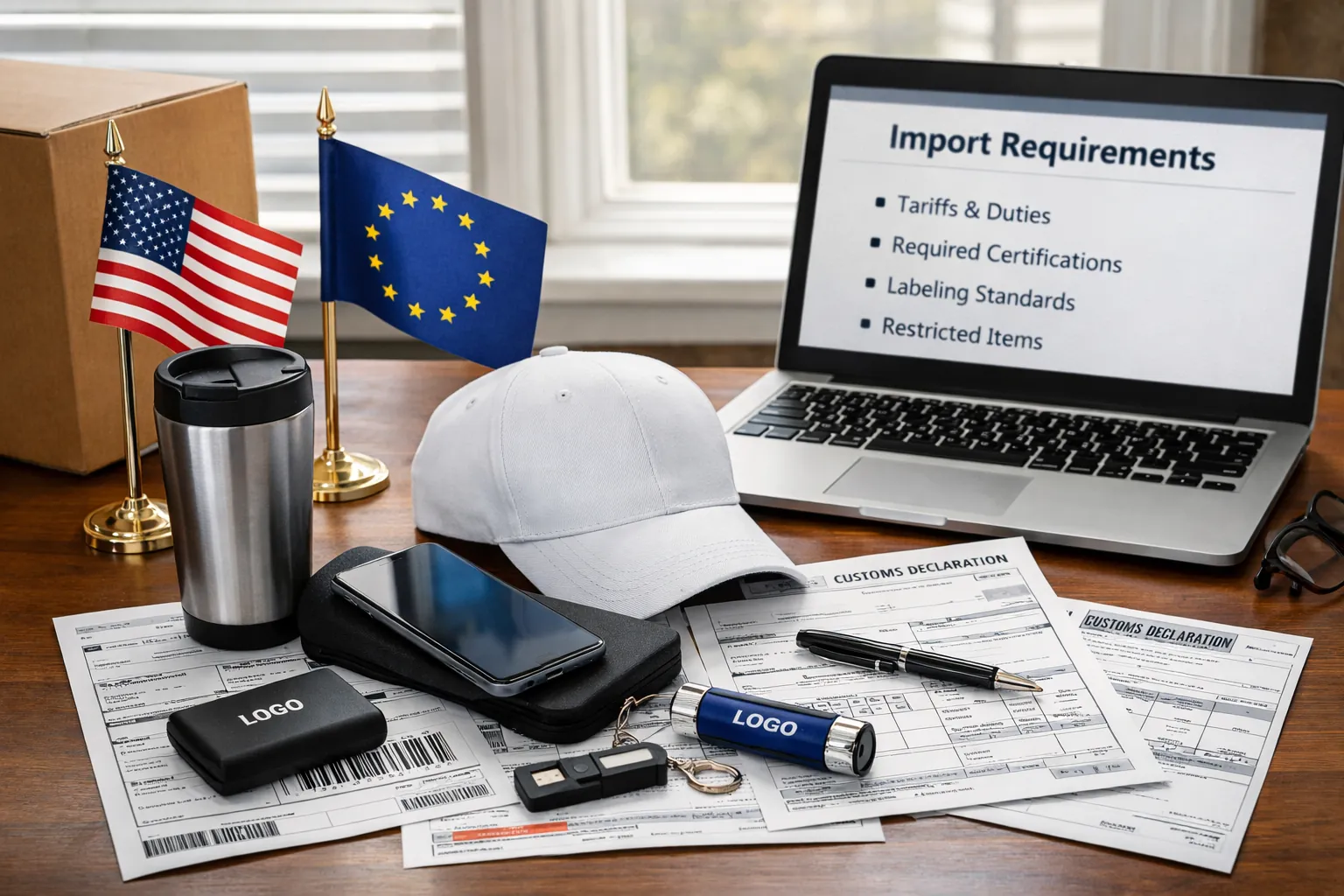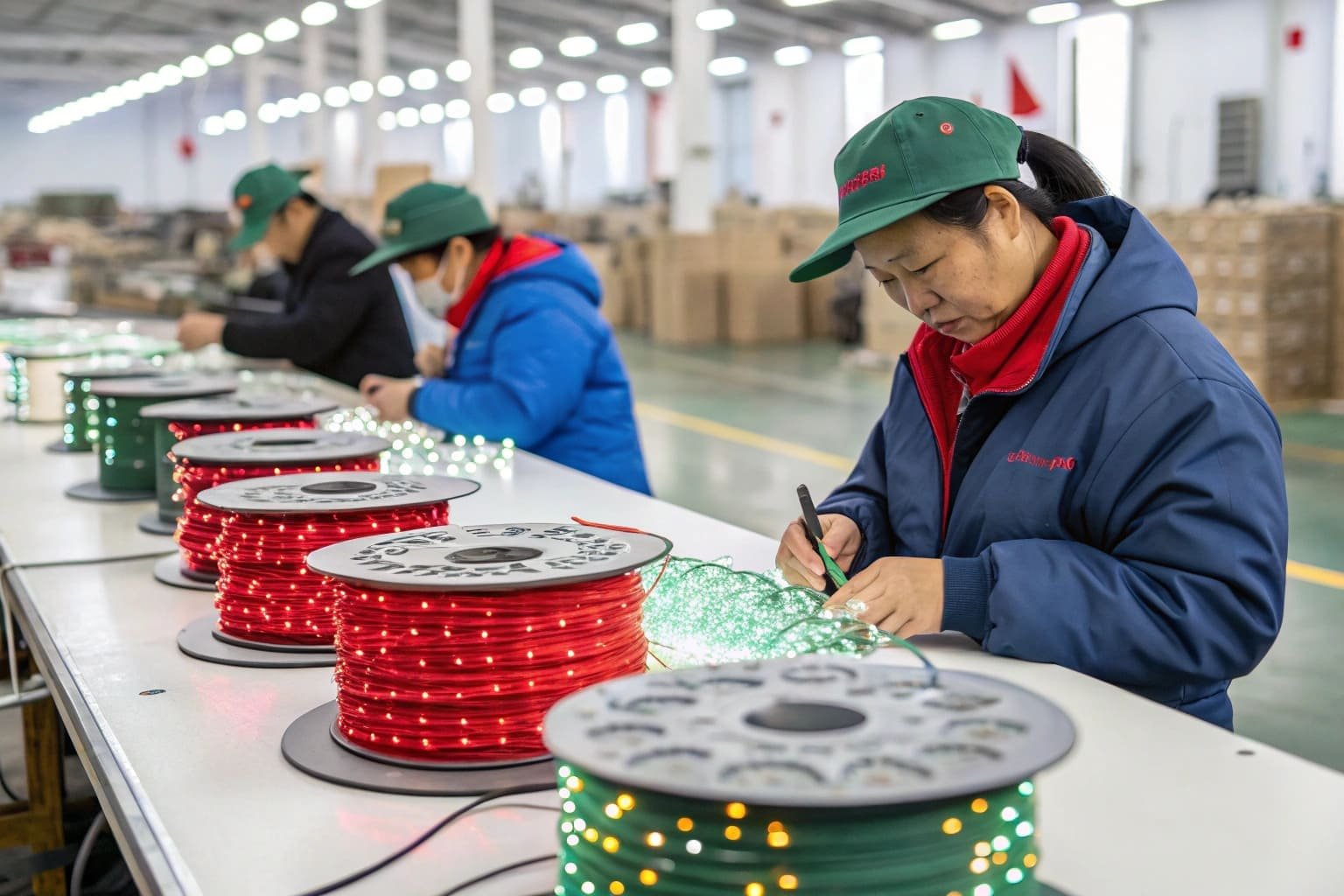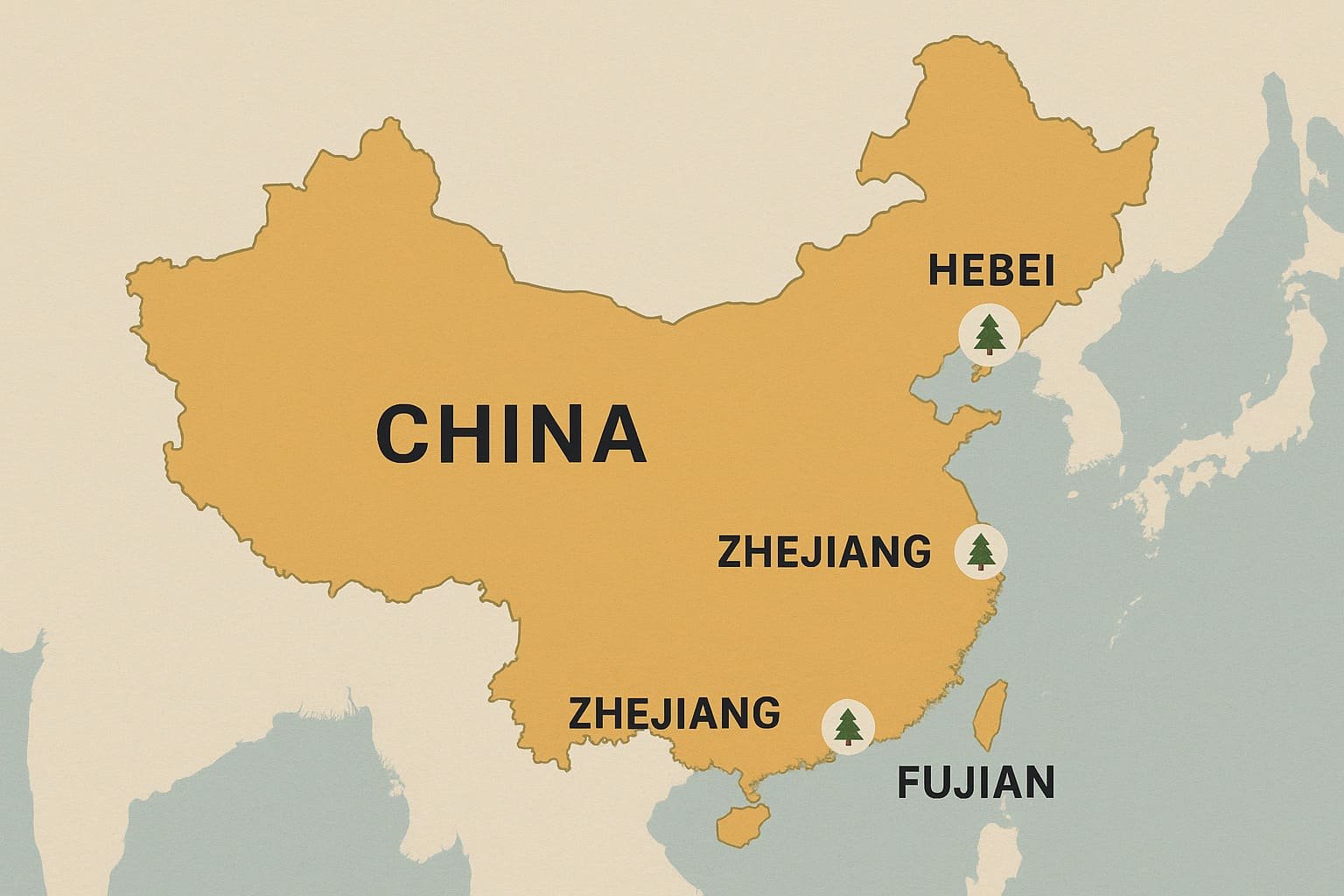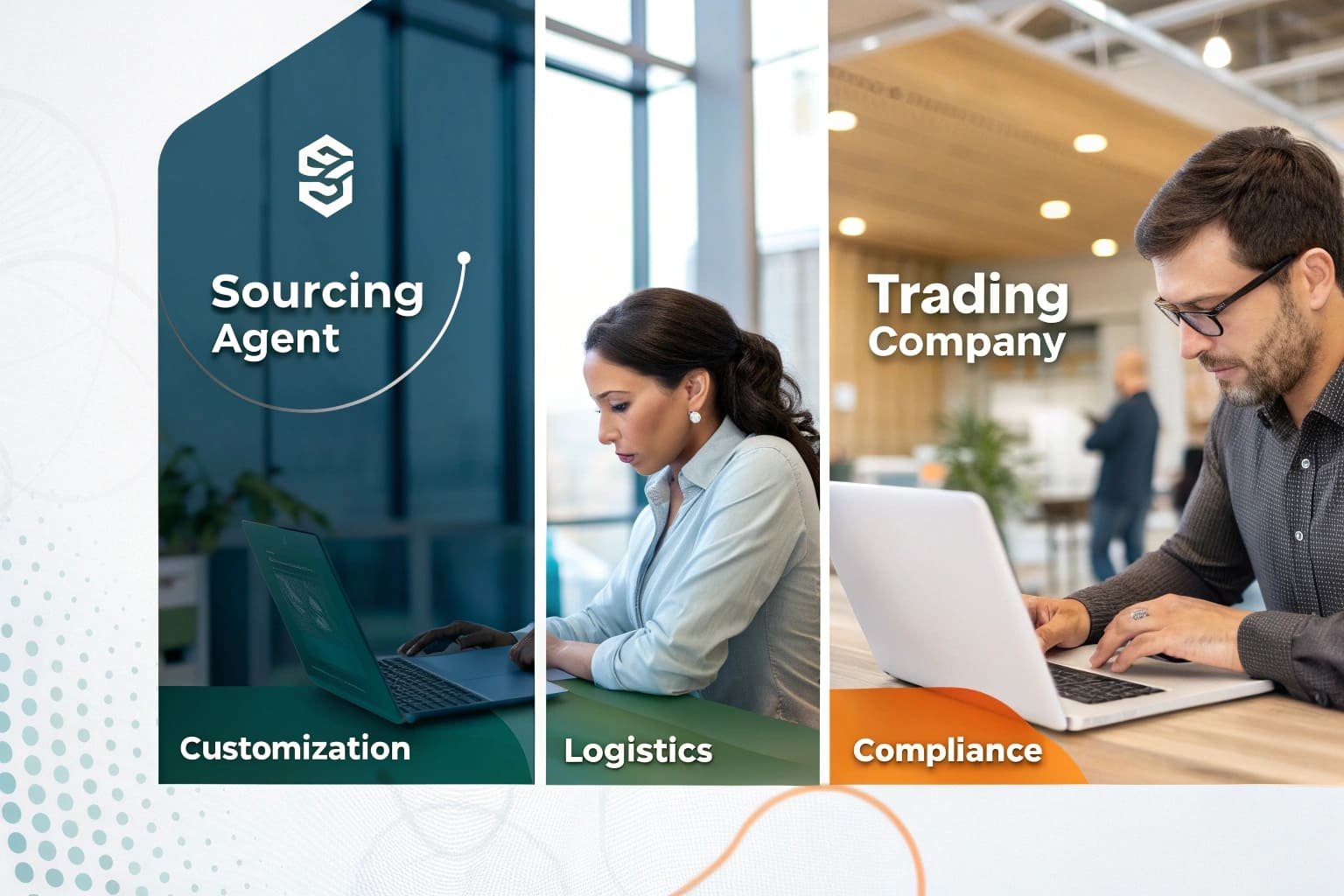Most companies always think that purchasing directly from factories will be cost-saving than from trade companies.
But the reality was much different.
Here I’ll show you the reasons through four aspects of analysis.
Trade companies are more likely to communicate
Any company will incur a variety of costs when operating, and time cost is an important part of it.
It is undeniable that trade companies know more about the rules of international business, and their salesmen could use English proficiently to answer all kinds of questions from purchasers.
Moreover, the working principle of most trade companies is responding effectively to customers within 24 hours.
It is difficult for factories to do this.
And they will even need all kinds of detailed information, such as the quantity, packaging and etc. before quoting.
One of our customers told us at a meeting about a stainless steel cup order, when we had already discussed the payment terms, several factories are still asking them if they want to print the logo on the cup.
Trade companies have more product resources
Any product, trade companies will have at least five alternative factories or even more than ten.
For purchasers, they could obtain quotations of different quality standards by inquiring from a trading company.
Especially for promotional items, the variety of products included is very large, but the factory often only concentrates on one kind of products, which may make it impossible to provide a variety of choices to customers.
Cooperation with trade companies could better control risks
The best way to verify the reliability of a factory is to visit the factory on the spot.
However, due to long-distance, many international purchasers could not do this.
When a trading company chooses a factory, they often visit the factory on the spot before placing the formal order.
This is obviously more authentic and safer than getting to know a factory by email, phone, pictures, and etc.
In addition, a formal trade company usually has a professional QC team.
In other words, when you choose a trading company, it means you save third-party inspection costs.
Most of all, once the problem occurs, the trading company will let the factory solve it before shipment, instead of waiting for the goods to arrive at the customer’s warehouse to find the problem.
It will be a nightmare then.
Last one, maybe your most concerned point, is the price of trade companies really higher than that of factories
The answer is “not really”.
China has entered WTO for nearly 17 years.
There are a large number of factories with high quality and reasonable & competitive prices.
As these factories focus on product manufacturing, they could effectively control the cost of products.
But because they are not good at marketing (which in fact also saves their marketing costs), they are more willing to work with trade companies.
Of course, you may also find other factories on B2B websites such as Alibaba or Made in China.
These factories are often larger, so their management costs are also higher.
And the most important thing is that these bigger factories often produce only part of the products themselves.
Others are also purchased from other smaller factories.
Even sometimes, in order to prioritize orders from their big customers, they will buy directly from other factories for smaller orders.
This will not only lead to increased costs but also the risk of order deferral.
“术业有专攻”, goes ancient wisdom in China means that everyone could only achieve professionalism and came in one field.
Obviously, for factories, to do a good job in product quality and control cost is their professional field. As for trading companies, the value of their existence lies in helping foreign customers to better select factories, saving customers’ time and communication costs, and reducing business risks.









